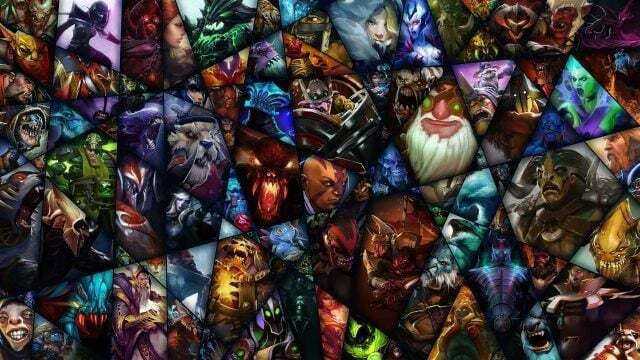Audience Participation is the Future of Gaming

I just returned from the Dota2 Internationals in Seattle. It was a phenomenal experience.
For those not familiar, Dota2 is a Massively Online Battlefield Arena game. It’s 5 vs. 5 and the goal is to destroy the enemy’s base. This tournament is the biggest in all of Dota2, and in fact all of e-sports.
The total purse was over 20 million dollars, and the players were wearing jerseys with sponsor logos. It’s going increasingly mainstream.
What caught my attention the most was the production quality of the event, with a few touches that were especially notable. First of all, it was a full stadium (the Key Arena at the Space Needle). And the event floor was spectacular. They had an orchestra, a drum team, and augmented reality displays of the in-game heroes.
Most significant for me was a wristband they handed out which has a multi-colored light in it. As part of the production, during key moments in the matches, the wristbands from everyone in the audience would pulse in various colors—perfectly timed with action in the match.
And of course, the whole time the event was being livestreamed to millions via Twitch.
So, while I was watching this, I was struck by a glimpse of the future (or perhaps madness), and that’s what I want to describe here.
Audience participation
When the entire stadium’s wrists were pulsing in time with the match, I said to my friend that I thought the next major innovation in gaming will be having the audience participating in major matches.
He looked at me like I was crazy, which is somewhat common in these situations.
The idea is that people watching at home would be actively helping the main event players. They’re either fighting their own fights that are somehow linked to the battleground, or they’re in a side interface that has its own sub-game.
But here’s the key point.
What these people—these millions of people—do, actually helps the main event players. And it’s being shown in realtime.
It’s fans vs. fans. Audience vs. audience. Support vs. Support. Enthusiasm vs. enthusiasm.
Imagine a Dota2 team’s fanbase, and the skill and enthusiasm they bring to an event, as being a significant component of the main event.
Gaming events then become worldwide events. Saturday night, you’re not just watching a game, you’re helping. You’re participating.
And there could be all sorts of formats.
In this format it’s a bit hard. It’s 5 vs. 5. But imagine larger scale games, with hoards of minions attacking the main arena, where the audience has to wield their heroes and armies to protect the homeland.
And imagine that lost homeland means lost spirit, or lost belief, or lost faith.
And that faith level is live on the screen in the main event. And it can be spent to power up. To do special abilities. To hit extra hard. To use special items. Etc.
It’s a direct link between the enthusiasm and dedication of the fans to the success of the star players.
The winning team then gets their millions of dollars and their trophies and whatever else, and they’re interviewed.
First, I want to thank Arnath, Iscin, and Nespar for holding off the eastern attack. Without that we would have lost so much ground, and would not have been able to buy the Divine Scepter that won us the game. They’re invited to come train with us in San Diego next week, all expenses paid.
It’s a linking of celebrity and audience that nobody has done yet in entertainment. The talent shows have tried, but it’s all anonymous. In this case it’s real people. Real players helping out their favorite stars. And they become part of the extended team.
Think of a team going into a final and a dashboard showing the extended team made up of their audience.
We know we’re going to win this match. Not just because we’re the best, but because our audience is the best.
And then he calls out the extended team that will be in the larger support roles fighting millions of others to assist during the main event.
Other examples
Here are some other ways audiences can assist:
Actual physical energy being converted into health, mana, etc. for the main event players. People on treadmills, rowers, or special devices could actively expend energy to power up their favorite teams or players during a match. And casters would comment on how much power the audience is creating (it actually goes into the power grid and helps the world at the same time)
People donating money or other currency to the team empowers them in-game, and a lot of the donations go to help good causes
Key audience members actually get to sub in and fight each other in certain kinds of games
Audience members (millions) go searching the countryside and dungeons looking for loot that they can send the people in-game. The better they are at it, the more special items the main event players get to use to win
There will be many versions and forms of the idea, widely dependent on the type of game and size of audience.
But I think this is the future of gaming: active audience participation.